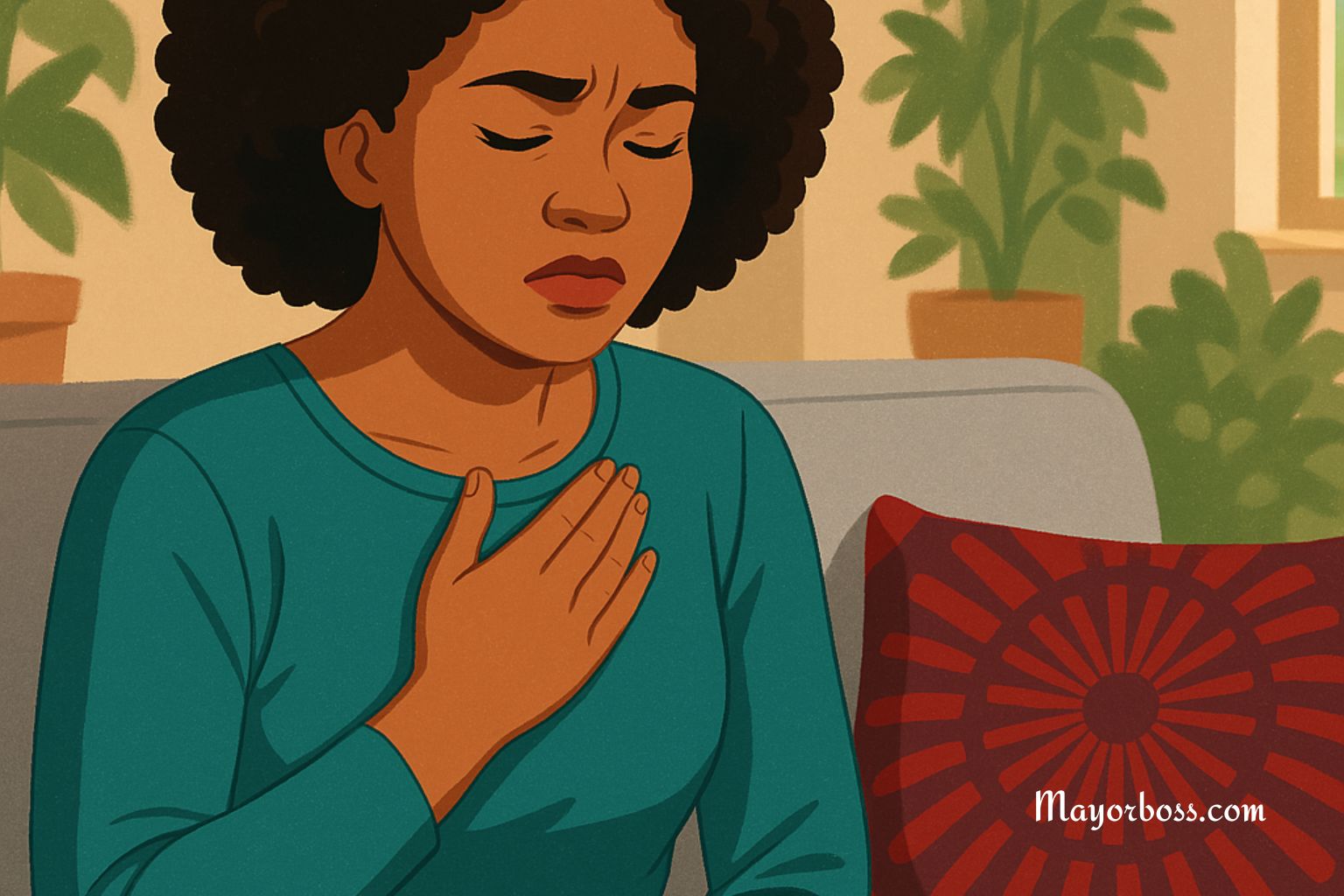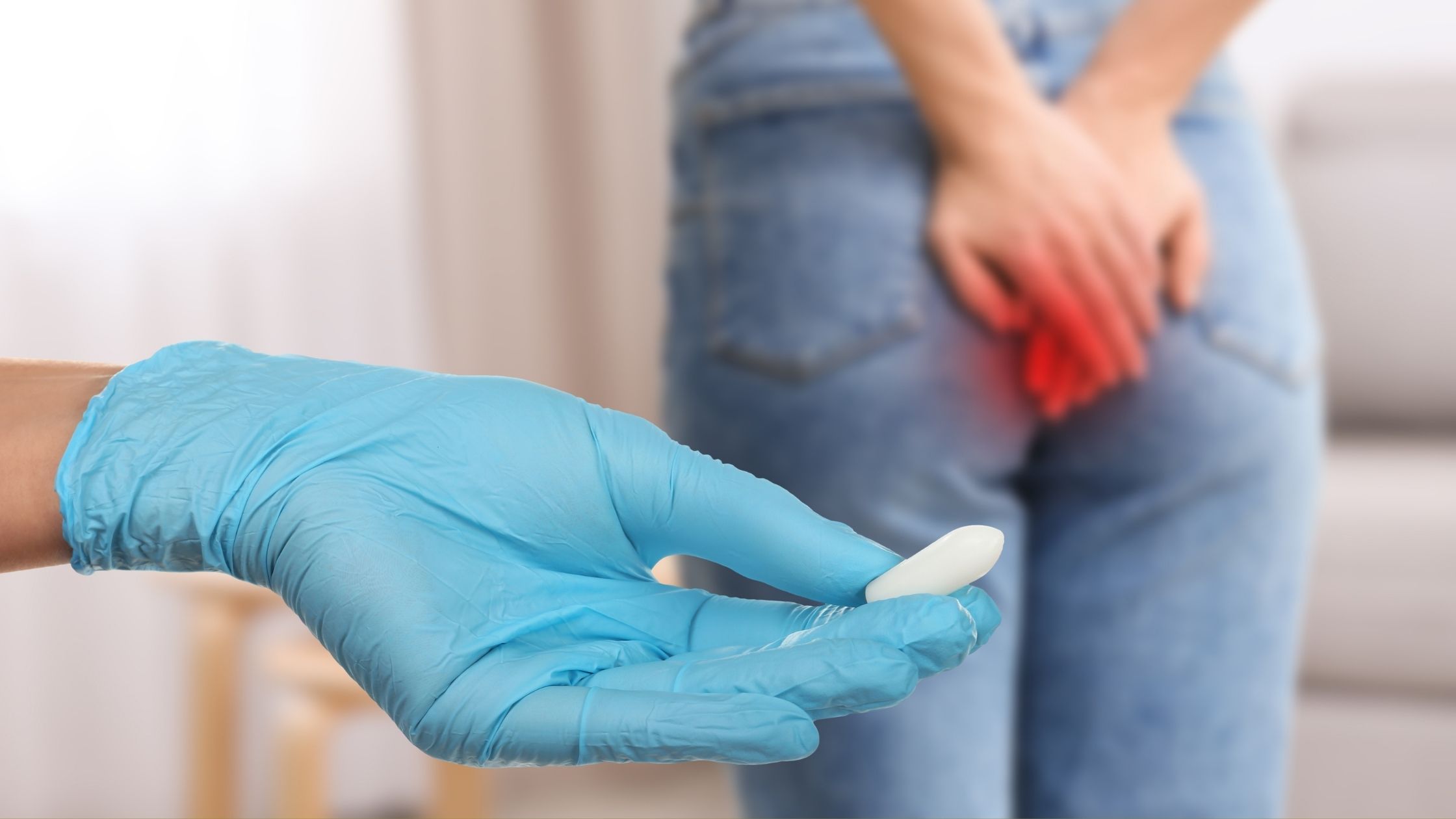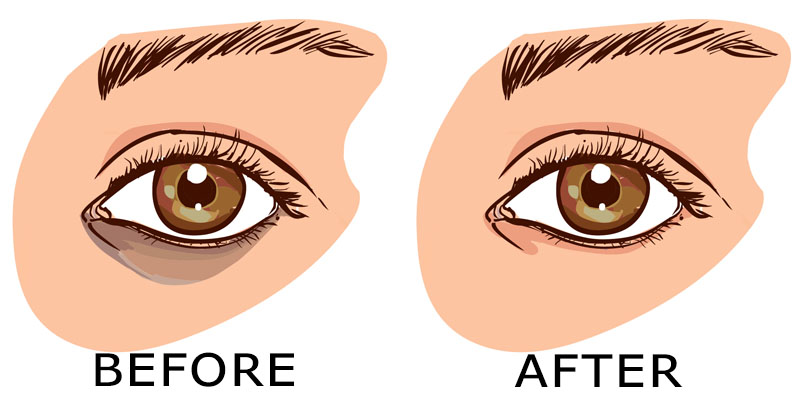How to Stop Headaches
For anyone who has ever suffered from a headache, you know how debilitating it can be. Whether you experience tension headaches, migraines, cluster headaches, or sinus headaches, the pain, and discomfort can interfere with your daily activities.
Certain smells, noises, dehydration, stress, and even light can trigger severe headaches.
Fortunately, there are many things you can do to alleviate the pain of a headache and get on with your day. In this article, I’ll discuss some of the most effective methods that may help relieve your headache symptoms. Let’s jump right in.
How to Stop Headaches
1. Over-the-Counter Medication
The fastest way to treat or get rid of severe headaches and migraines is to take over-the-counter medication such as ibuprofen (Advil), acetaminophen (Tylenol), or naproxen sodium (Aleve). These medications work by lowering inflammation in the brain and decreasing pain signals from being sent to the brain.
Ask your doctor or pharmacist for the best medication for your headache type, and be sure to follow the directions on the label.
2. Cold Compresses
Applying a cold compress to your forehead for 15 minutes can also help to stop headache pain. You can use a cold pack, a bag of frozen peas, or even a damp cloth. The cold temperature helps to reduce inflammation and constrict blood vessels, which can help to ease your headache symptoms.
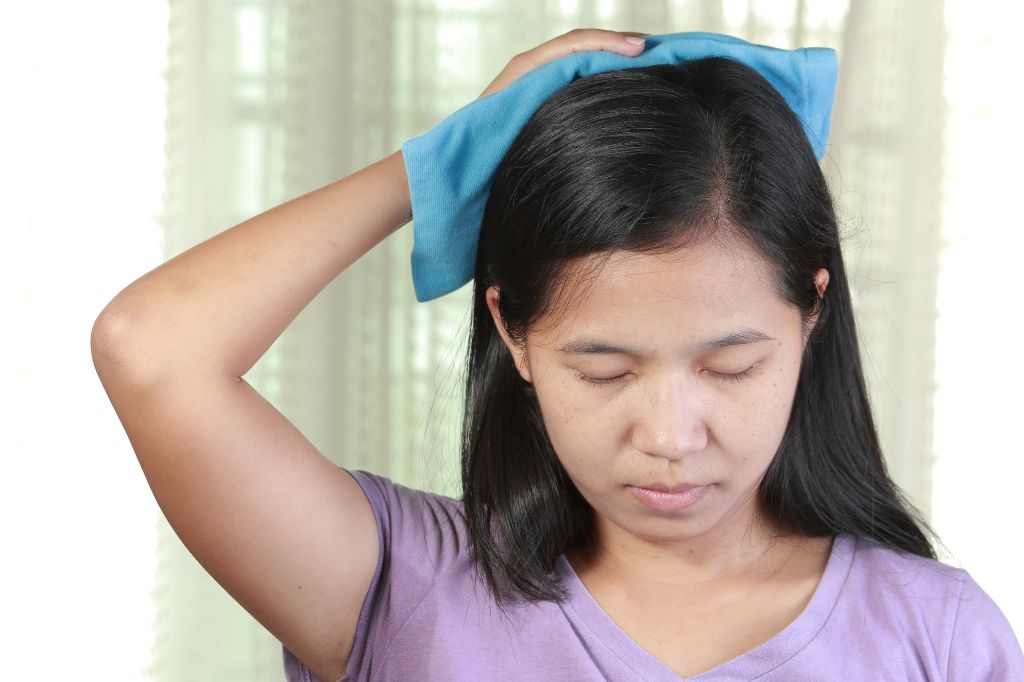
3. Heat Therapy
Heat therapy is another great way to stop headaches. Heat can help relax tight muscles and reduce inflammation that may be causing your headache. You can use a heating pad or hot water bottle on your neck and the back of your head for 10 to 15 minutes at a time. You can also take a warm shower or bath to help relax your muscles and relieve headache pain.
4. Massage Therapy
Massage therapy has been shown to lessen tension headaches, migraines, and cluster headaches in many people. A massage therapist may use their hands and fingers to apply pressure to the neck, temples, shoulders, or other areas of the head and face that are causing the pain.
Or you can use your fingers or a massage tool to gently massage these areas for 10 to 15 minutes at a time. Try using light, circular motions while applying steady pressure to really get the tension out.
5. Caffeine
Caffeine can be an effective way to lower headache pain due to its ability to constrict blood vessels and reduce inflammation. However, it’s important to note that too much caffeine can actually worsen headaches. Therefore, it’s best to stick to moderate amounts of caffeine, such as one cup of coffee or tea per day.
6. Drink lots of water
Drinking plenty of water can do wonders for your headache. Dehydration can cause headaches. So make sure to drink at least 8 to 10 cups of water a day to reduce or prevent headache pain. According to one study, people who drank at least 1.5 liters of water per day experienced fewer headaches than those who didn’t.
7. Get some rest
If you are dealing with a tension headache, one of the best things you can do is to get some rest. Lie down in a dark, quiet room and try to relax your muscles.
8. Avoid triggers
Identifying and avoiding the things that trigger your headaches can be a powerful way of reducing their frequency and severity. Common triggers include certain foods, drinks, stress, poor posture, lack of sleep, medication overuse, and hormonal fluctuations. Take note of any changes that occur before your headaches start, and take steps to avoid them.
9. Practice relaxation techniques
Relaxation techniques such as meditation, deep breathing, and progressive muscle relaxation can help reduce stress and tension in the body, which may help to stop headaches. Try listening to a guided meditation, practicing mindful breathing exercises, or making time for some yoga or tai chi to help relax your body and mind.
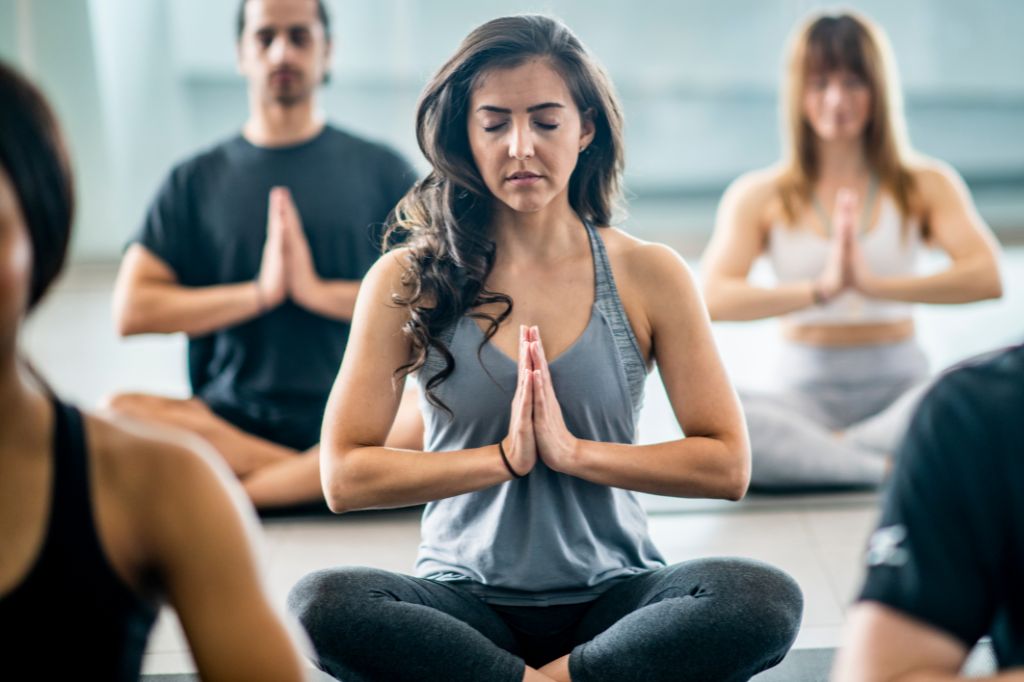
10. Moderate exercise
Exercise can also be helpful in reducing headache symptoms. The truth is regular exercise releases endorphins, which are natural chemicals produced by the body that acts as a type of natural analgesic, relieving pain.
Studies have also shown that moderate aerobic exercises like jogging, cycling, and walking can help decrease the intensity of migraine headaches and decrease their duration. If you’re experiencing a headache, try taking a 10 to 15-minute walk or doing some gentle stretching to see if it helps.
11. Eat healthy, balanced meals
Eating regularly and avoiding long periods without food can help prevent headaches from hunger or blood sugar drops. Choose foods that are low in fat and high in complex carbohydrates, like fruits, vegetables, whole grains, and lean proteins, to keep your energy up throughout the day.
12. Try aromatherapy
According to some studies, certain essential oils such as lavender oil, peppermint oil, and lemon oil can help to stop headaches. You can add a few drops of oil to a diffuser or inhale the oil directly from the bottle. Or, you can add a few drops of the oil to a warm bath and soak for 20 minutes.
13. Sleep well every night
It’s simple: getting enough sleep can help prevent headaches. Get 7-8 hours of sleep per night.
14. Maintain blood sugar level
People with diabetes or pre-diabetes often experience headaches due to blood sugar swings. Make sure you are monitoring your blood sugar levels throughout the day and eating regular meals to help keep them balanced.
15. Avoid bright lights
Being exposed to bright or flickering lights can trigger headaches in some people, so try to stay away from fluorescent lights and computer screens as much as possible. If you have to be around bright lights, make sure to wear sunglasses to reduce their intensity.
16. Acupuncture
Acupuncture has been used for centuries to treat a variety of different ailments, including headaches. This ancient practice involves inserting thin needles into specific points on the body to relieve pain and tension. It is best to visit a qualified practitioner for any acupuncture treatments.
See a doctor if necessary.
If your headaches persist despite using at-home remedies, it is important to visit your doctor in order to rule out any underlying medical conditions. Your doctor may recommend taking certain medications or lifestyle changes to help manage your headache pain.
Also Read: Morning Headaches: Why Do I Keep Waking Up With A Headache?

